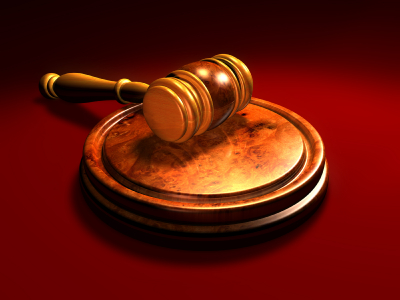Judge Slashes Tesla Payout To Black Worker

Court ruling in San Francisco means Tesla will only have to pay out $15 million to black worker, instead of the $137 million jury award
Tesla is still liable to make a payout to a former worker who is black, but the EV maker’s appeal has been successful in reducing the enormous payout awarded by a jury last year.
It was back in January 2020, when Owen Diaz hit Tesla with a lawsuit, alleging he had faced “severe and pervasive racial harassment” in 2015 and 2016, whilst working at Tesla’s factory in suburban Fremont, which employs more than 10,000 people.
Diaz is black, and was a contract worker who worked at Tesla for nine months as an elevator operator.
![]()
Excessive award
He alleged he was subjected to repeated racial epithets dozens of times, as well as racist cartoons, and that supervisors engaged in or did little to stop the racism.
In October last year, a federal jury ordered Tesla to pay $137 million in damages, for subjecting Diaz to a hostile work environment at the Fremont plant.
The enormous size of that jury award was always going to result in an appeal, and Reuters reported that on Wednesday this week, a federal judge ruled that Tesla was still liable to pay damages, but he reduced the $137 million jury award to $15 million.
US District Judge William Orrick in San Francisco in a 43-page decision, said the evidence amply supported the jury’s finding Tesla liable for the “profound” emotional harm Diaz suffered and the “often inadequate” disciplinary steps the company took.
But the judge reduced Diaz’s compensatory damages to $1.5 million from the “excessive” $6.9 million that the jury awarded, and lowered punitive damages to $13.5 million from the “unconstitutionally large” $130 million jury award.
Diaz appeal
Bernard Alexander, a lawyer for Diaz, was quoted by Reuters as saying his client plans to appeal the lowered damages award.
“We’re pleased that the court upheld the jury’s finding that Tesla’s conduct was absolutely reprehensible,” Alexander said.
“The award of $15 million is substantial but does not come close to reflecting the harm caused to Mr. Diaz, or the reprehensibility of Tesla’s conduct,” he added.
Tesla and its lawyers did not immediately respond to requests for comment.
Tesla had sought to limit compensatory and punitive damages to $300,000 each.
DFEH lawsuit
This is not the only legal challenge Tesla is facing over racial matters, after a local California agency this year opted to sue the electric car maker.
The State of California’s civil rights agency, known as the Department of Fair Employment and Housing (DFEH) announced in February that it is suing Tesla for race discrimination and harassment.
The lawsuit alleges that black workers “are subjected to racial slurs by managers and supervisors, segregated to the lowest levels of the workforce, including the contracted workforce, and are severely under-represented in the ranks of executives, senior officials, and managers.”
The civil action was filed in Alameda Superior Court and alleges that Tesla violated the Fair Employment and Housing Act and the California Equal Pay Act.
It said that it had received “hundreds” of complaints and conducted a three year long investigation.
In addition to alleged race-based segregation in the terms and conditions of employment, DFEH also alleged that Tesla turned a blind eye to years of complaints from black workers protesting the near-constant use of racial slurs and derogatory language in the workplace.
It said black workers had also protested against the presence of racist writing and graffiti in common areas of the workplace, including swastikas and other hate symbols.
The agency is said to be seeking unspecified damages and for Tesla to reinstate workers who were unfairly terminated.
Tesla called the DFEH lawsuit “misguided” and was “a narrative spun by the DFEH and a handful of plaintiff firms to generate publicity.”
It pointed out that during its three year investigation, the DFEH “never once raised any concern about current workplace practices at Tesla.”